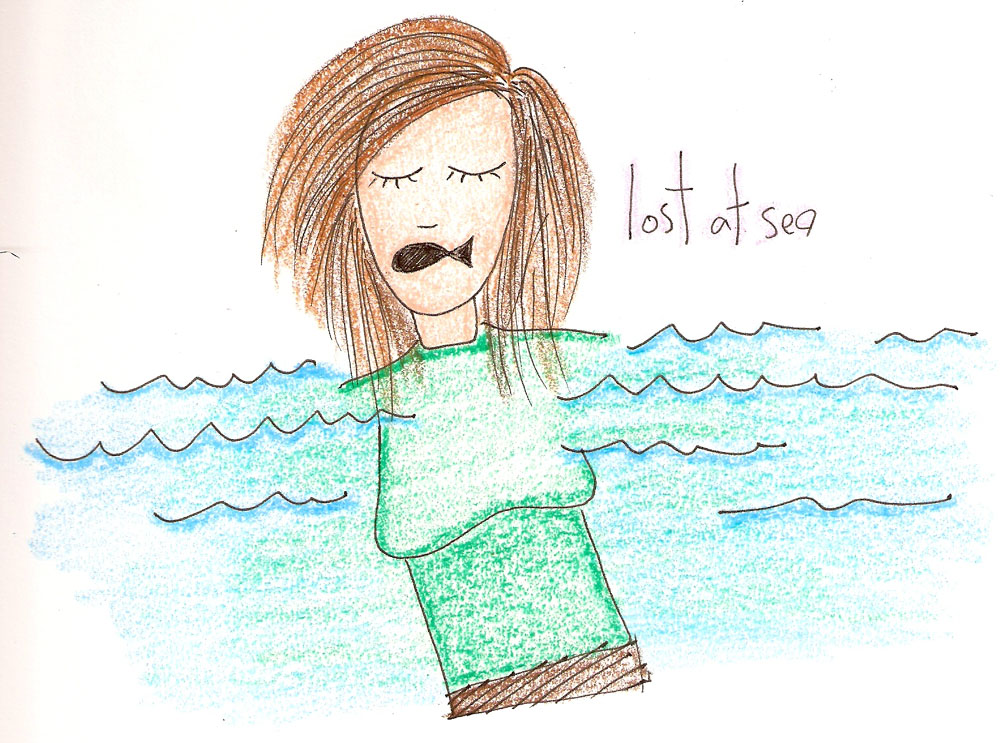
Child and youth mental illness is on the rise in B.C.. A $100,000 funding denial by a non-profit to the Ministry of Children and Family Development to serve families of children and youth suffering with mental illness raises questions about the government’s capacity and commitment to improve access.
The non-profit, Families Organized for Recognition and Care Equality provides education and resources for families helping children struggling with mental illness. The organization warned the Ministry of Children and Family Development and the Ministry that the funding denial could impact children and youth suffering from mental illness in spring 2015, documents obtained through access-to-information reveal.
The B.C. Ministry of Children and Family Development reacted to the warnings in co-ordination with the Ministry of Health. They promised to continue to increase family support, system efficiency and streamline programming, said Nicole Beneteau Public Affairs Officer B.C. Ministry of Health.
Streamlining programs will mean doing more with less.
“The bureaucracy certainly does want to improve services,” said Stephanie Stevenson.
Stevenson was a former board member of Families Organized for Recognition and Care Equality. Stevenson is currently the B.C. Pediatric Society executive director.
Although the optics surrounding the funding denial are bad, the request denial was not based on a lack of will—but simply a lack of funds. The Ministry of Children and Family Development invests approximately $93 million per year to address child and youth mental health and substance use challenges–but it is not enough.
“As far as we know the Families Organized for Recognition and Care Equality’s programming will not be impacted,” said the Ministry of Children and Family Development.
The Ministry did not cut funds, but could not keep up with the Families Organized for Recognition and Care Equality program expansion.
The number of children and youth who received mental health services in B.C. has nearly doubled to 29,000 in the last ten years according the Ministry of Health.
“It’s an interesting situation. The government’s view is that we don’t have any more money to put in child and youth mental health. So, what are we going to do? We can’t sit where we are,” said Stevenson.
When Stevenson tried to refer an eight-year-old with anxiety so bad they could not attend school, to the Ministry of Children and Family Development she was told that there was an eight-month wait.
“There are huge gaps in the system,” said Ann Marie Henderson, a B.C. social worker of two decades located in Prince George. “It is the kids that fall through the cracks.”
“There are funding shortfalls for services to children and families across the boards in nearly every country in the world and every province in Canada,” said Jessica Ball.
Ball is a professor at the University of Victoria’s School of Child and Youth Care. She recognizes how complex the issues of child mental health is and like Henderson acknowledge that funding is a real barrier.
Keli Anderson, the co-founder of the Families Organized for Recognition and Care Equality could not be reached for comment.
Supporting Documents:
Healthy Minds, Healthy People Ministry of Children and Family Development Ten-Year Plan
1) Provides the outline of the ten year plan of the Ministry to tackle the mental health issues, including that of children and Youth.
2) This is the provincial level document.
3) This information spoke to issues of access and the types of barriers confirmed by academics and social workers in the field. It is evidence the government may be understating the problem of child and youth mental health issues in B.C.. I tried to get an interview with Charlotte Waddel from Simon Fraser University who conducted the studies that informed the Ministry of Children and Family Development Policy–she unfortunately wasn’t available until Thursday March 26, 2015.
Still Waiting:First Hand Experiences with Youth Mental Health Services B.C.
1) This is a study of experiences with Children and Youth Mental Health done by the Children’s Representative in B.C.. The information highlighted gaps in funding and recommendations that more attention needs to be placed on access and reduction of wait times.
2) This information comes from the B.C. Representative for Children and Youth.
3) This information gave me important information to go off of. I also tried to get an interview with Mary Ellen Turpel-Lafond the Representative for Children and Youth in B.C., she was not available to give comment. However, the information within the report made it helpful to get further information from social workers and academics. It also confirmed the wait times are a problem and so are limitations on funding.
